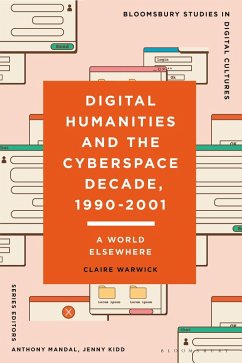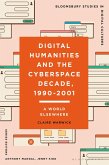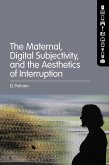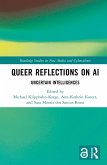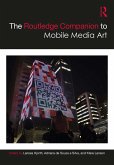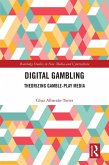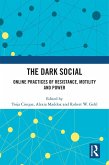Setting out a history of cyberspace and its relationship with the discipline that was to become digital humanities, this book is an account of an often-forgotten period of internet history in the 1990s when this medium was in its infancy.
It provides a detailed account of the concepts of 'cyberspace' and the 'virtual', which were characteristic of a perception that using the internet allowed users to enter a separate space from everyday life- a world elsewhere. In doing so, it argues that this libertarian idea of the internet framed it as a new frontier, where the rules of the everyday world did not and should not apply, and where the individual could find freedom. These early norms and the regrettable lack of regulation that was a consequence of them, this book argues, contributed to many of current issues with internet media. including of toxic communication, disinformation and over-commercialisation
It provides a detailed account of the concepts of 'cyberspace' and the 'virtual', which were characteristic of a perception that using the internet allowed users to enter a separate space from everyday life- a world elsewhere. In doing so, it argues that this libertarian idea of the internet framed it as a new frontier, where the rules of the everyday world did not and should not apply, and where the individual could find freedom. These early norms and the regrettable lack of regulation that was a consequence of them, this book argues, contributed to many of current issues with internet media. including of toxic communication, disinformation and over-commercialisation

